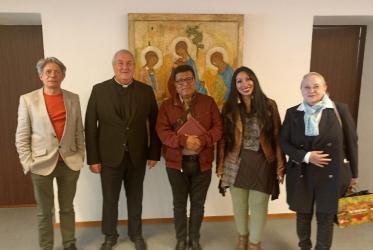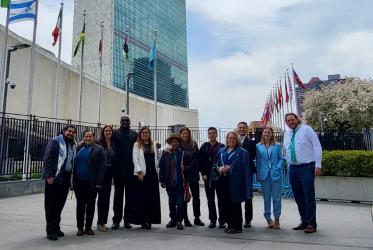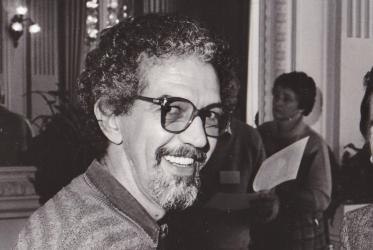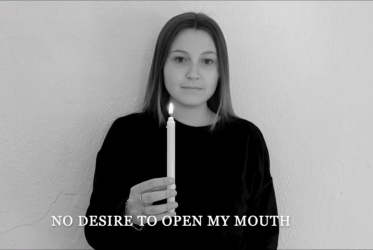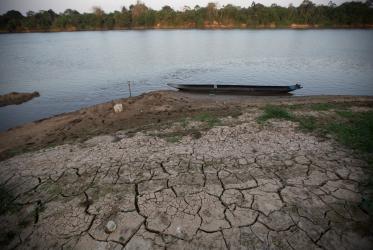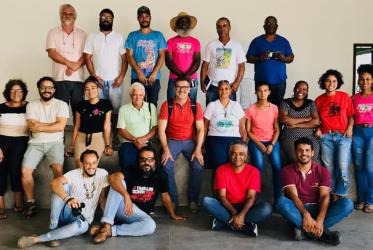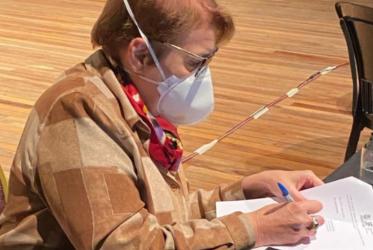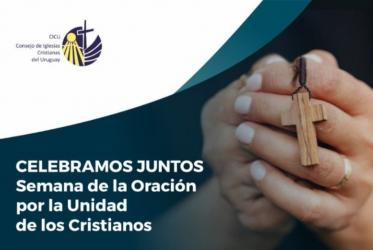Mostrando 41 - 60 de 354
18 Mayo 2022
WCC stands in solidarity with victims of major flood in Brazil
17 Febrero 2022
Las mujeres argentinas caminan en solidaridad con las mujeres afganas
23 Septiembre 2021
Women in Argentina walk in solidarity with women of Afghanistan
23 Septiembre 2021
Brazilian ecumenical water network launched
29 Julio 2021
Pulling together for a living River Pardo
02 Julio 2021


